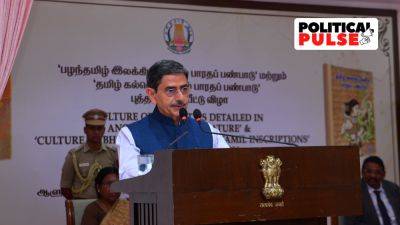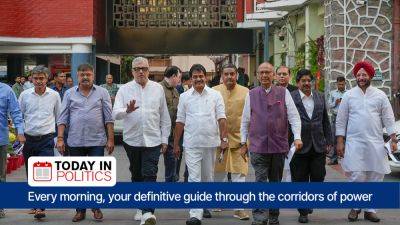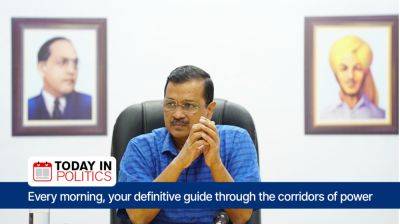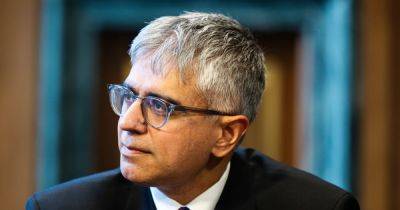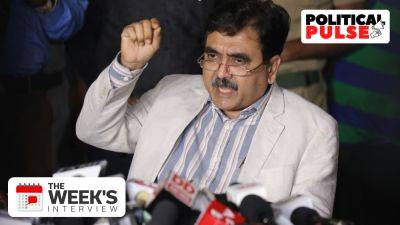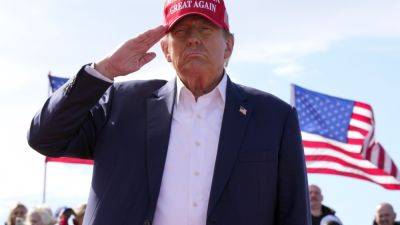Justice Abhijit Gangopadhyay not the first: When two SC judges quit judiciary to run for office
By resigning from the judiciary and announcing his decision to join politics on Tuesday, former Calcutta High Court judge Abhijit Gangopadhyay has sparked a conversation on the propriety of such a move by a judge. Gangopadhyay said he would join the BJP, most probably on Thursday, and that it was up to the party to decide if he would contest the Lok Sabha elections.
In the past, there have been two instances of sitting judges who have resigned to contest elections, albeit in different circumstances.
The first example is former Chief Justice of India (CJI) Koka Subba Rao. He took charge as CJI on June 30, 1966, succeeding Amal Kumar Sarkar. He resigned within just a year of assuming office and three months before his retirement. The circumstances under which he resigned generated a lot of talk at the time.
In February 1967, Subba Rao led the majority in “handing the government a defeat in the Golaknath case,” writes legal scholar George H Gadbois in his book “Judges of the Supreme Court of India (1950–1989)”. The judgment ruled that Parliament would have no authority to take away any of the Fundamental Rights. This, Gadbois writes, “was one of the most significant constitutional law decisions in the Court’s history up to that time”.
The same month saw the fourth parliamentary elections in which the Congress returned to power by winning 283 seats. Two months later, on April 11, came Rao’s resignation. Subba Rao, considered one of the most outspoken judges on matters of fundamental rights, was invited by Swatantra Party’s Minoo Masani, the Leader of the Opposition in Parliament, to be the United Opposition’s candidate for the presidency of India in 1967. Politically, the Congress was still the dominant force even though it was


